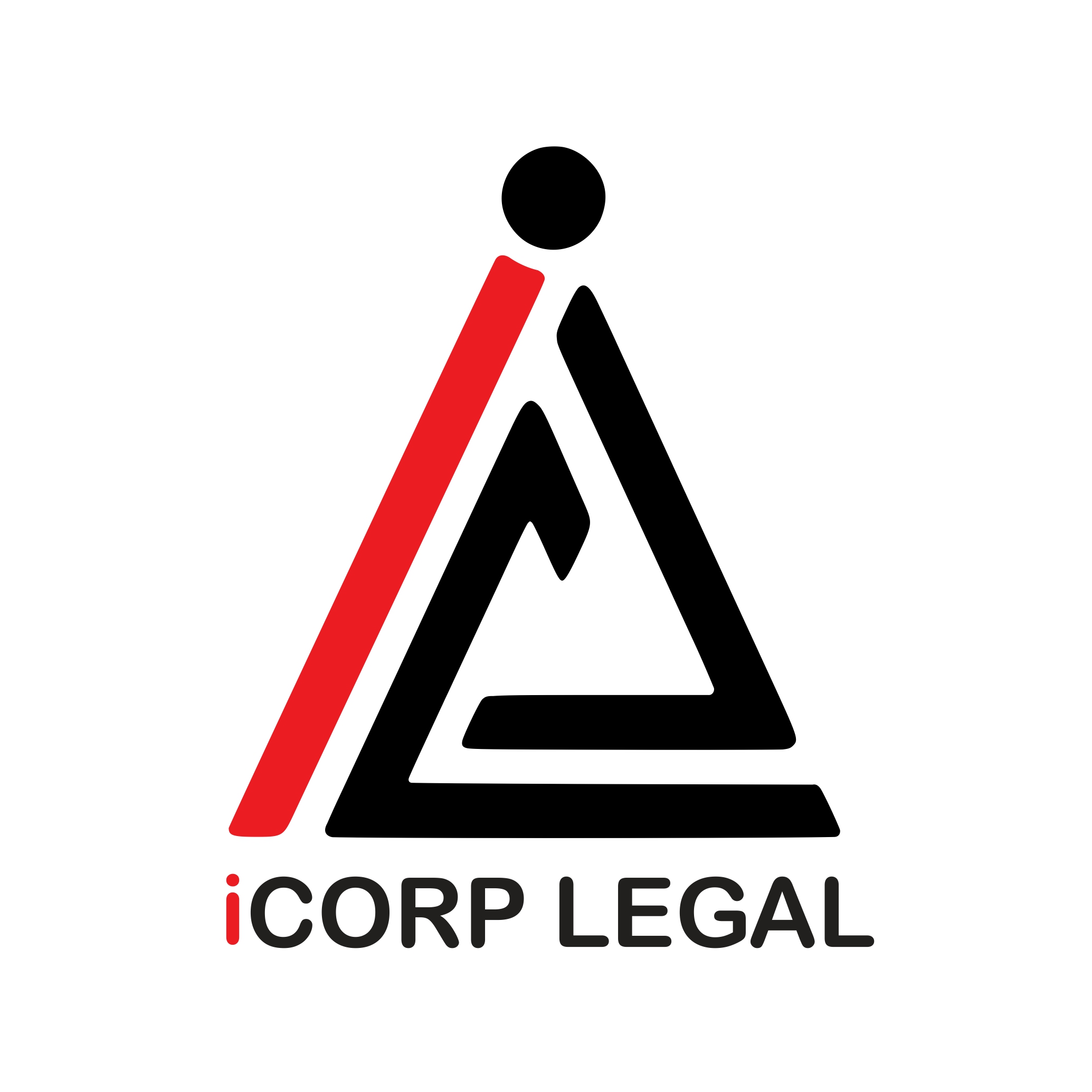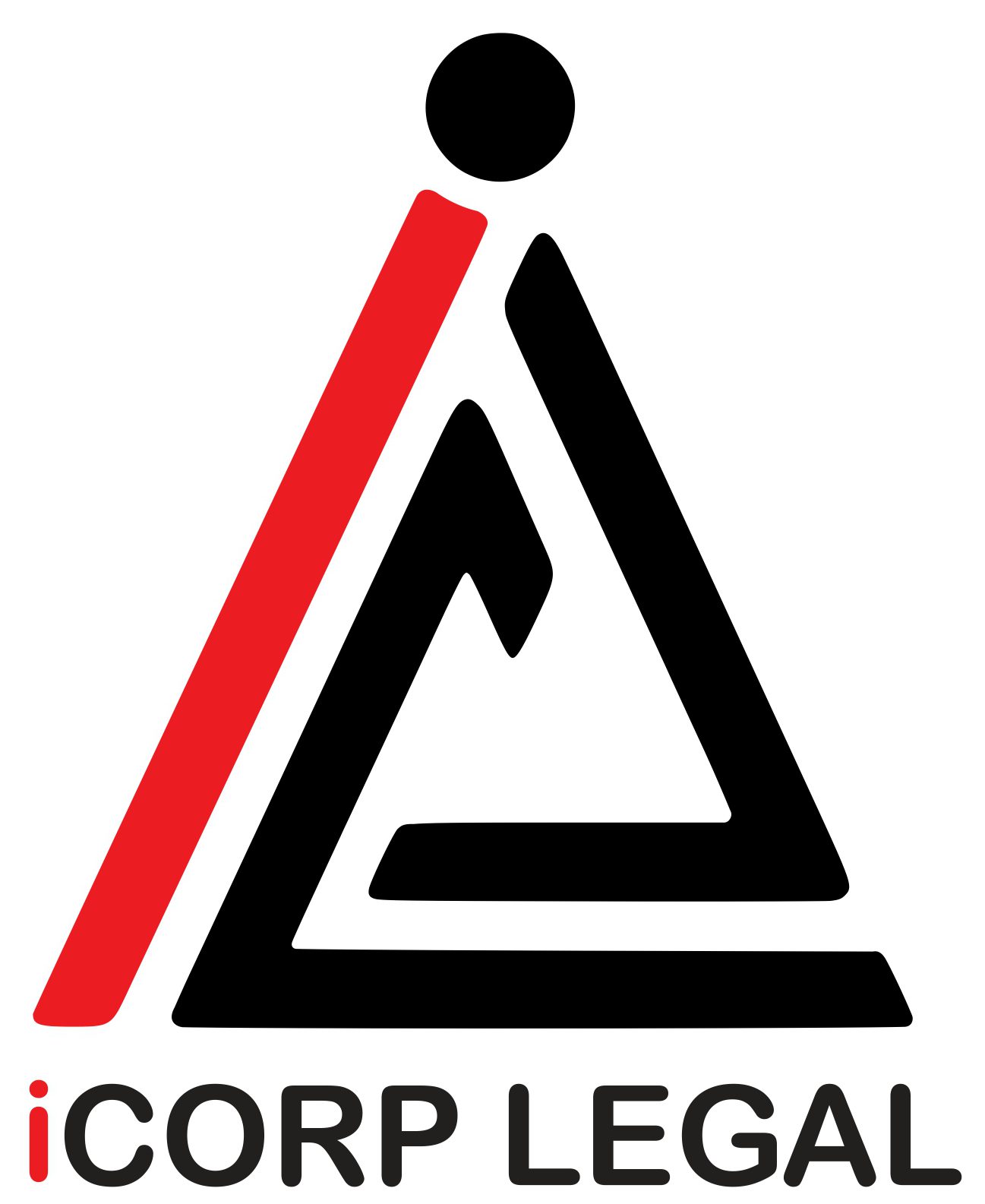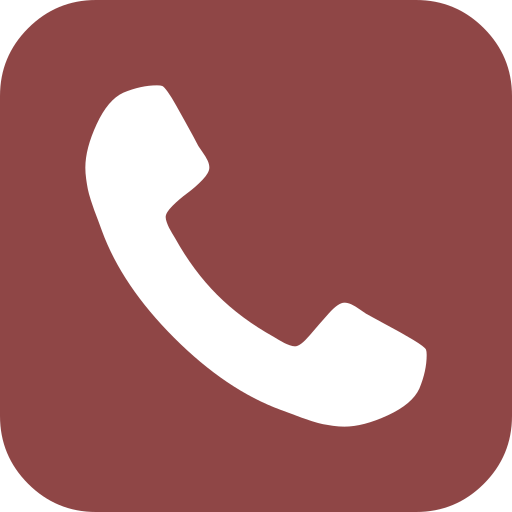
iCorp Legal provides patent preparation services of the highest quality and consistency to its clients in order to maximize their returns from the Intellectual Property Rights (IPR) period. Each client is provided with a tailored patent drafting process to meet their individual requirements.
At ICL, the dedicated team of patent attorneys provide expertise
- In protection of patent rights not limited to biotechnology, chemistry pharmaceuticals, food, electronics, telecommunication, software and related fields.
- In providing detailed and solution centric advice for patent filing and prosecution.
- In initiation, opposition, invalidity actions, infringement and revocation matter before Patent Office.
- In advising on the licensing and assignment of patent rights to get the highest value from IP assets.
- In maintaining patent annuities to ensure the subsistence of patent rights.
The company is also skilled at guiding clients on confidentially-related technology issues such as trade secrets.
Patent Prosecution Process:
I. Pre-examination
Under the Patent Act, every inventor, his assignee or the legal representative of the deceased inventor or assignee can apply for Patent. The Applicant has to provide few supporting documents with his Patent Application
1). Types of Patent Application
A complete Patent Application provides the complete specification with invention details including the best way for the invention to work. A complete Patent Application can be filed directly or within 12 months of filing the provisional patent application. Depending upon the variety sought or the nature of invention, a complete patent application is categorised under following heads:
a). On the basis of Priority
- Convention patent application- A convention application claims a priority date over same or similar applications filed in one or more “convention countries” i.e., countries which are a party to the Paris Convention. Such application must be filed within 12 months of filing of similar application in the convention country.
- PCT Patent Application– A PCT Application is governed by the Patent Cooperation Treaty and can be filed by a person seeking widespread recognition and protection of his invention. The applicants can file such application in three ways: –
- By filing the application in the Indian Patent Office
- By directly filing the application in the International Bureau of World Intellectual property Organisation after getting foreign filing permit from Indian Patent Office.
The Applicants can file PCT Patent Application after 6 weeks and within 12 months of filing application in India
- National Phase Patent Application– A National Phase Patent Application arises out of the international application. This application has to be filed within 31 months of filing the PCT Patent Application or priority date of PCT Application, whichever is earlier.
b). On the basis of Invention
- Divisional patent application– When in a single patent application, the applicant is of the view that the application relates to more than one invention, he can file a Divisional Patent Application. This application can be filed anytime before the grant of the Parent Application.
- Application for patent of addition– After filing or grant of a Patent application, if the inventor is of the view that a few modifications or improvements can be made to the invention, he can file an Application for Patent of Addition. If the parent application is revoked then the application for Patent of Addition can be converted into an independent patent application, if the Applicant wishes so.
Documents Required
The Inventor has to produce the following documents with his Patent Application:
- Provisional or complete Patent specification form
- With regards to foreign application, undertaking and statements
- Declaration of Invention
- Authorization form for an agent
- If the Applicant is claiming startup status, then Form 28
- If priority is claimed from a foreign patent claim or application then priority documents should also be provided.
After the Applicant has filed the Patent Application with proper supporting documents and fees, the Patent Office checks for the same and publishes the such application in the Official Gazette of the Patent Office which provides the public notice of the application.
II. Examination:
The Applicant is required to request the Patent Office for examination within 48 months from filing of the Patent Application. The Patent Examiner then examines the application and raises issues or objections with the application which are addressed to the Applicant.
When the applicant has responded to the objections and made any appropriate modification to the application, the Patent Office grants patent to the inventor which gives him exclusive rights to use and sell his invention.
III. Post-Examination:
When the Patent is granted to the inventor, the Patentee has to take appropriate measures to maintain and enforce the Patent. The court or the Patent office can commence revocation proceedings against the Patent if it is of the opinion that the patent is invalid for reason of non-payment of maintenance fees.
Every patent is valid in India for 20 years and has to be renewed every year after paying a renewal fee. Furthermore, the patentee can either assign or license the patent to others.
In case where a third-party infringes the rights of the patentee, he can take legal action against such person. In circumstances where third parties might file Opposition proceedings against the Patent, the patentee has the option to surrender the patent voluntarily which terminates the patent and its exclusive rights.
IV. Post- grant opposition:
In circumstances where third parties might file Opposition proceedings against the Patent, the patentee has the option to surrender the patent voluntarily which terminates the patent and its exclusive rights. When a Notice of Opposition for a Patent is received by the Controller, he establishes a “Opposition Board” comprising of 3 members who examines the notice, along with evidences and statement and issues a report stating the reasons for each contention of the Opponent. When the notice and prescribed fees in provided to the Controller, the matter is taken up for hearing wherein the Controller, after hearing the parties and taking into account the recommendation of the Opposition Board, he decides the case.
At iCorp Legal, we understand the importance of patent prosecution and the role it plays in the process. This is why we prepare and analyse responses to patent applications, engage in in-depth discussions with the examiner, and provide thorough and effective strategies for and attendance at the Controller’s hearings.








